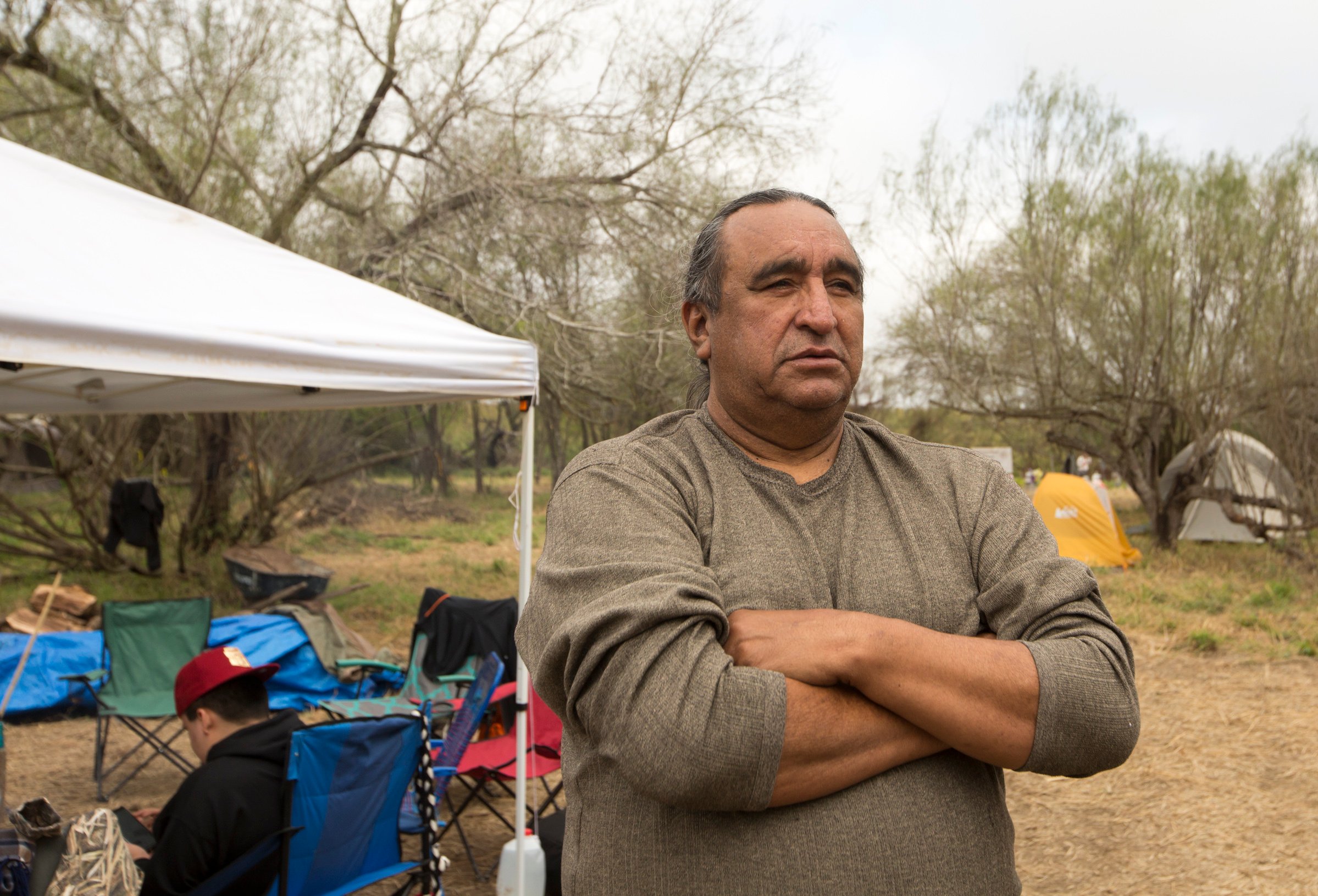
The ‘Texas Miracle’ Does Little for Women in the Real World

A version of this story ran in the February 2015 issue.
Above: Michelle García
To hear some of our elected officials, you might think that Texas and its politics belong to the world of miracles. In their Texas, men have little need for education when they can miraculously pull in six figures driving tractor-trailers or extracting the earth’s God-given wealth through the alchemy of fracking. In miracle world, a fat oil-and-gas royalty check landing in the mailbox is a more realistic expectation than health insurance. To our leaders, governing requires an unshakeable faith in the Texas Miracle, the presumption that a slash-and-burn approach to unions, taxes and regulation has produced economic gains and job growth.
Talk of miracles, however, ignores the multitude who toil at, or slightly above, the federal minimum wage rate of $7.25 an hour and make Texas a national leader in low-paying work. In our real world, raising the minimum wage to $10.10 would mean a shot in the wallet for an estimated 1.95 million working Texans, according to the Economic Policy Institute. That’s nearly as many workers as 20 other states combined, with an additional 920,000 Texas workers potentially benefiting through a ripple effect.
Who stands to gain the most from this proposed increase? Women. They account for 55 percent of low-wage workers and 65 percent of minimum-wage earners. But too many of our political leaders, women are mere vessels for the miracle of life. And that miracle is subject to the laws and costs of medicine. In the working world, where real women live, Texas’ reproductive health battles represent a class struggle.
According to an analysis by Oxfam America, South Texas, where state cuts to women’s health programs in 2013 gutted services, has one of the highest concentrations of low-wage workers in the U.S. In just two congressional districts between San Antonio and the border, some 130,000 workers stand to benefit from a wage increase, most of them women.
It’s no surprise that women in South Texas cited cost as the No. 1 barrier to contraception in a report by the National Latina Institute for Reproductive Health. In a survey of 318 Texas women seeking abortions in late 2012, 45 percent said they were unable to afford their preferred method of birth control the month before becoming pregnant.
Not raising the minimum wage, though, works a particular magic. It reinforces the notion, often repeated in the press and by politicians, that South Texas is “plagued with poverty” or “poverty-stricken,” as if the working poor were the result of a higher power, not policymakers in Austin.
A higher minimum wage increases the price of goods, Gov.-elect Greg Abbott said on a Houston radio show. Somehow the rich, whose growing wealth is helping drive the state’s inequality, are exempt from this “logic.”
But in the Texas Capitol, homespun often prevails over science, and economic models are traded for the Good Book. “Biblically, the poor are always going to be with us in some form or fashion,” former Gov. Rick Perry told The Washington Post by way of explaining why the state does not “grapple” with a growing chasm between rich and poor.
Perry conveniently omitted the rest of the passage, which refers to helping the poor, and he overlooked the original Old Testament reference with its instruction to be “open-handed” with the poor. Let’s also recall that glorious day some 2,000 years ago when five loaves of bread and two fish fed a multitude. A miracle.
Today, our bread is procured at a supermarket after being mixed and kneaded by a woman. Her magic pink sneakers see her through hours on her feet, working two or three low-paying jobs that feed her family. Like the forces behind true miracles, she is unheard and unseen, while working to survive in a world of sweat and blood.
Listen to Michelle García discus her column on “Texas Standard.”


